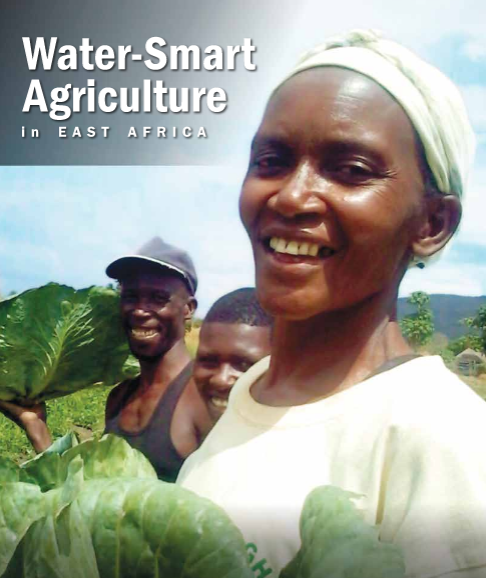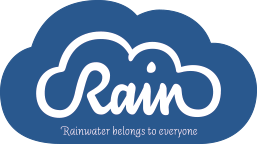Speakers
Alan Nicol (IWMI)
Eline Boelee (Water Health)
Philip Osano (SEI)
Fethi Lebdi (FAO)
Date
This webinar was held Wednesday, September 30 at 10:00 CET. The recording can be watched here.
Farmers, and particularly smallholders, have a huge role to play in Africa’s economic development. Their capacity to increase yields, derive higher incomes and support more sustainable future farming will be central to successful (and more inclusive) economic growth strategies. This webinar is about one key factor at the centre of farming development — the establishment of Water-Smart Agriculture (WaSA). Nested within the broader contexts of Climate-Smart Agriculture and Sustainable Intensification, WaSA is an approach to developing and using water in smallholder farming that seeks to systematise thinking on investments, enabling farmers and those working with them to make sound strategic choices within rapidly evolving social, economic and physical systems and amidst major climate uncertainty.
Dr Alan Nicol (IWMI) provides an overview of this approach and how it may be applied in practice — as well as at a policy level. He will present the major outcomes of the sourcebook on Water-Smart Agriculture in East Africa published in March 2015 with contributions from IWMI, CGIAR, Care and GWI. The presentation will be followed by a panel discussion on the Addis Ababa Symposium Declaration on Unlocking the Potential of Rainwater. There will be much room for input from the participants during the panel discussion.

Resources on this topic
- Presentation Alan Nicol: Water Smart Agriculture in East Africa – Genesis of an approach
- Sourcebook: Water Smart Agriculture in East Africa
- Video: More Chances, More Change: Water-Smart Agriculture in East Africa
- Video: Water-Smart Agriculture: Making water work for farmers
- Video: Hot, Windy & Dusty: Water-Smart Agriculture in the Dry Zone
- Video: Leading with Agriculture by John D. Liu
Concluding remarks based on multiple choice question answered by audience and panel discussion
1. Is RWH ready for scaling up? Have we collected enough evidence to prove that RWH can make a difference? (Poll says 91% yes)
Yes, it is currently under-exploited and has multiple benefits and can serve multiple uses such as WASH, food security and livestock. It is replicable in most cases depending on the technology/approach and is often a modest investment with low operational costs and a long life cycle.
2. What is needed in order to ‘unlock the potential of RWH’? Poll says increased inter-sectoral collaboration (52%), intensify RWH knowledge management (30%), and increased capacity building of stakeholders (17%). Important is to build capacities around 4 areas: technologies, finance, technical know-how and institutional management capacity. In turn, this will facilitate inter-sectoral collaboration and the spread of knowledge.
3. Where should we focus on first from tomorrow onwards? Poll says develop tangible RWH products and services (65%), jointly mobilise resources for RWH (20%), more capacity building activities around RWH (15%). We should focus on advocacy within policy, attract and collaborate with financial partners, work in a participatory way and harmonize between partners.
Next steps:
- Establish networks and alliances: set up a platform that deals with water- and land issues (e.g. use www.rain4food.net platform), explore options to link to network on smart water agriculture.
- Strengthen wider stakeholder engagement: strengthen links with agricultural, climate change and resilience themes with a specific niche on RWH as rainfed agriculture will become very important – herewith we will position ourselves differently.
- Make a business case and tangible RWH services/products: develop RWH packages, including support for market response, soil management and water smart agriculture, preferably with an innovative and growing (technology) sector like the mobile phone sector in order to reach scale. Create a common understanding around the technological package.
- Press for policy changes/adaptations: encourage uptake in policy, programs and action research (e.g. think of a conferences like the symposium held in Addis).
- Continue to learn, share and adapt: strengthen knowledge management by organising more webinars for example and further expand the existing community of practice for RWH and water-smart agriculture.
- Continue to build capacity for a variety of stakeholders including smallholder farmers, end-users, policy makers and practitioner.
- Continue to align with SDG’s.
This webinar is a cooperation between RAIN and TheWaterChannel

